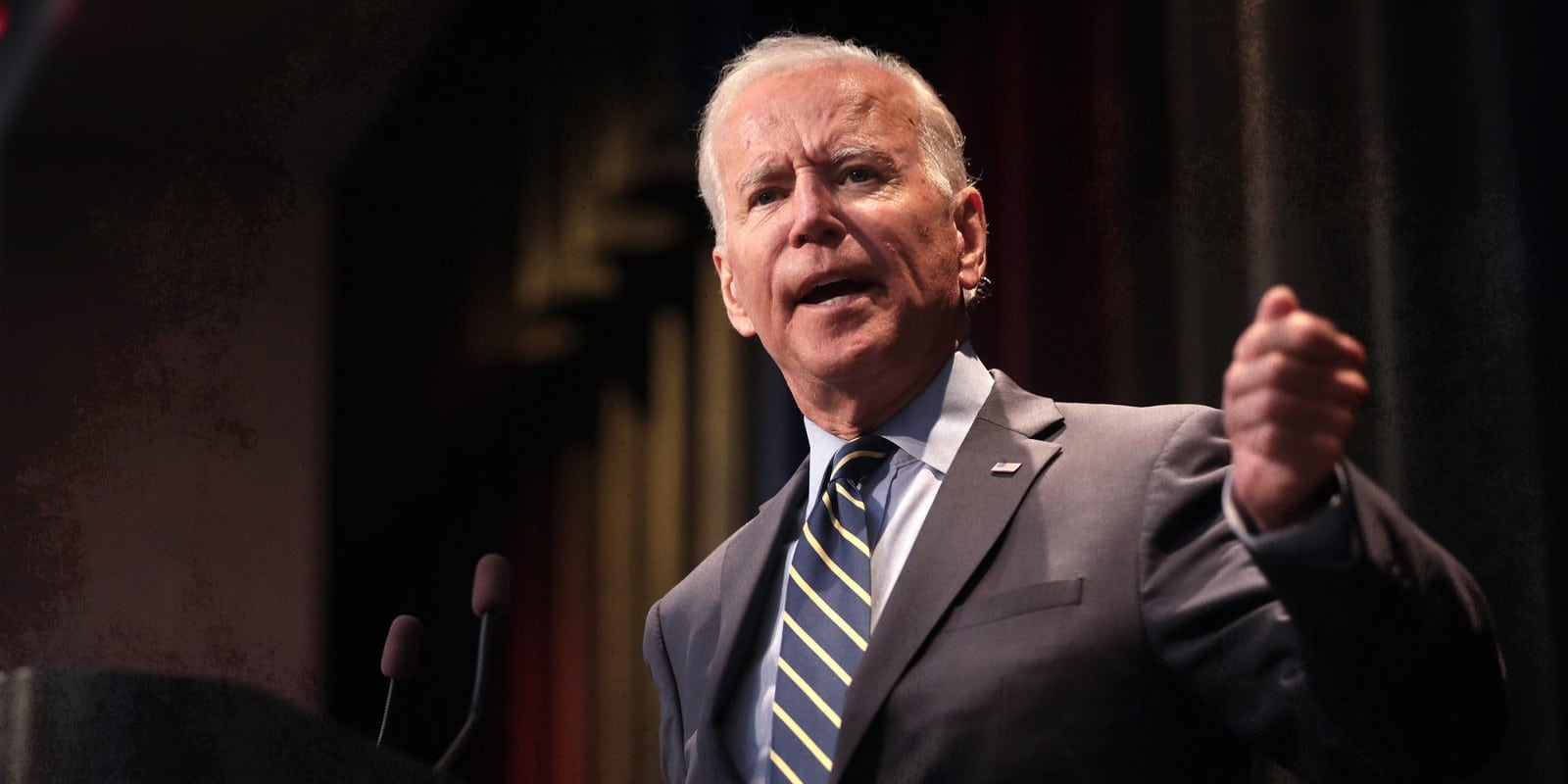Jerusalem views with trepidation the possibility that the Biden administration will embark on a human rights crusade in the Middle East.
Israel and the US appear to be on a diplomatic collision course. Jerusalem fears that the Biden administration eventually will be outmaneuvered by the superior negotiating skills of Iran and agree to a “clean return” to the flawed JCPOA agreement of 2015. Despite its rhetoric about eventually attaining an improved nuclear deal, Washington seems incredibly naïve. After frittering away its economic leverage over Iran, the US is unlikely to reach any follow-up agreement with Iran that addresses JCPOA weaknesses.
The US has promised to consult Israel and its Arab allies in this regard, but Israel is not expecting much of a real consultation. The US just wants to kick the Iranian nuclear issue down the road. This is also the instinct of most European states, which adds to Israel’s fears.
Because Israel considers an imminently nuclear Iran as an existential threat, it cannot accept the Biden administration’s approach to the issue. And because the sophisticated hard-liners in Tehran are not likely to make mistakes that would derail negotiations with the Biden administration, Israel surmises that it will be faced with a reinstated JCPOA, despite Israel’s objections.
Therefore, the next Israeli government will have difficult choices to make. The IDF has been ordered to update plans for military action against Iran. The US does not mind diplomatically capitalizing on a credible military threat against Iran, but an Israeli attack before the US starts formal negotiations or during diplomatic talks would be an affront to the Biden administration.
Many in Israel believe that diplomacy and economic sanctions have exhausted their usefulness. Covert actions, while slowing the Iranian nuclear project, probably can no longer stop it. If Israel acts on its existential instincts and strikes at Iran’s nuclear facilities, it inevitably will clash with an American administration that does not share Israel’s perceptions of an acute threat, that loathes war, and that believes religiously in diplomacy.
The Biden’s administration attitude toward the Abraham Accords, a Trump administration achievement which basically amounts to an anti-Iranian pact, is not clear yet. Will Washington deemphasize the great significance of the Abraham Accords to please Tehran, or use them as leverage against Iran and seek to expand the accords to strengthen Israel and reduce its suspicions?
Jerusalem views with trepidation the possibility that the Biden administration will embark on a human rights crusade in the Middle East. In this regard, its recent actions and statements toward Saudi Arabia and Egypt are of great concern, particularly since human rights is absent as an issue in US dealings with Iran. Allowing Iran to win the war in Yemen, a country with great strategic significance, is not the smartest move. To make human rights a top Mideast priority is to undermine Arab regimes and weaken the anti-Iranian alliance – which is what president Barack Obama disastrously did.
Furthermore, one has to ask whether the new US administration’s patent desire to reengage Western European allies will come at the expense of America’s Middle Eastern friends? One needs to recall that the strategically myopic EU is very keen on returning to the JCPOA and is hardly the friendliest institution toward Israel.
Tensions between Israel and the US could result from Jerusalem-Moscow links. Israel coordinates its military activity in Syria with Russia. This coordination serves vital Israeli national security interests in battling the Iranian presence along Israel’s northern border and the entrenchment of Iranian proxies in the Levant. To lubricate the relationship with Moscow, Israel has recently subsidized the transfer of Russian COVID-19 vaccines to the Syrian government in exchange for freeing an Israeli woman who crossed the border into Syria. This seems to violate the 2019 Caesar Act. Israel also has refrained from acting against Russia regarding the latter’s incursion into the Ukraine. How might Washington react to all this?
Finally, one hopes that the Biden administration will resist temptations to intervene in Israeli politics. The lingering Israeli political crisis, which might not end after the upcoming March elections, could be perceived by some in the US as an opportunity to try to get rid of Benjamin Netanyahu and anoint a more “flexible” Israeli prime minister. Remember that previous American administrations, including the Obama administration in which Biden was vice president, have meddled in Israeli domestic politics. These interventions generally were not successful, but when Netanyahu emerged as the winner of domestic contests despite American preferences, the relationship became poisoned from the beginning.
Israel is a strong but small country. Good relations with the US are a pillar of its national security. With the US curtailing its role in the Middle East, Israel may gain larger leeway for pursuit of regional interests. It has defied American wishes in the past and can do so again. However, the reason for Israel not bending to American preferences must be very solid, and the timing of crises in bilateral relations must be considered with great precision.
Published in The Jerusalem Post 04.03.2021
JISS Policy Papers are published through the generosity of the Greg Rosshandler Family.
Photo: Gage Skidmore









 - בניית אתרים
- בניית אתרים